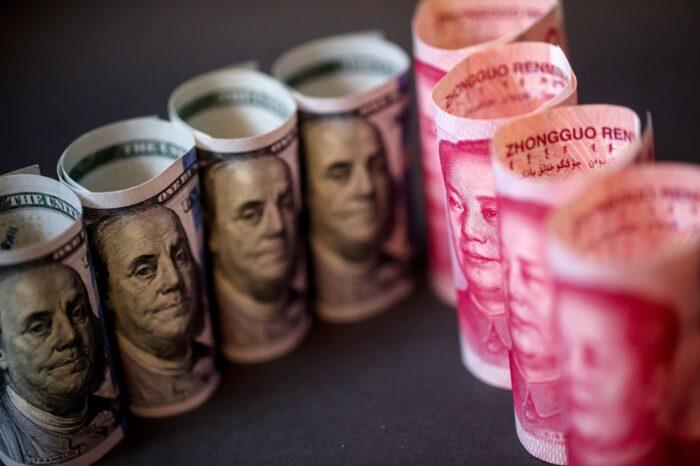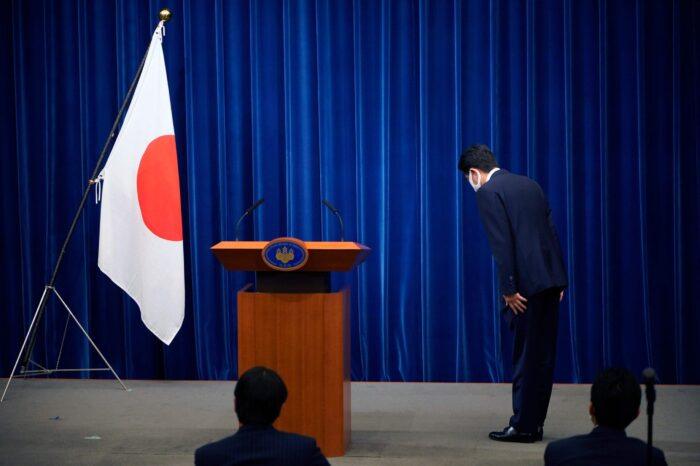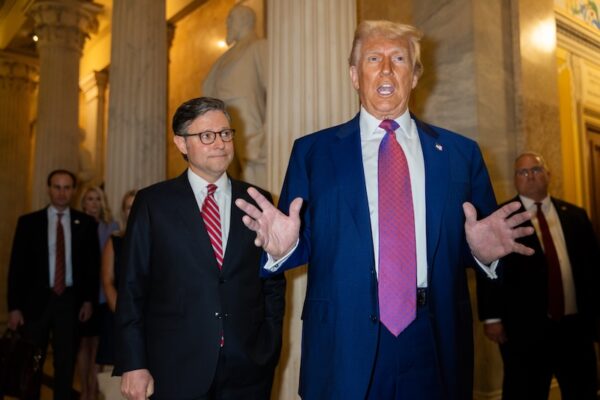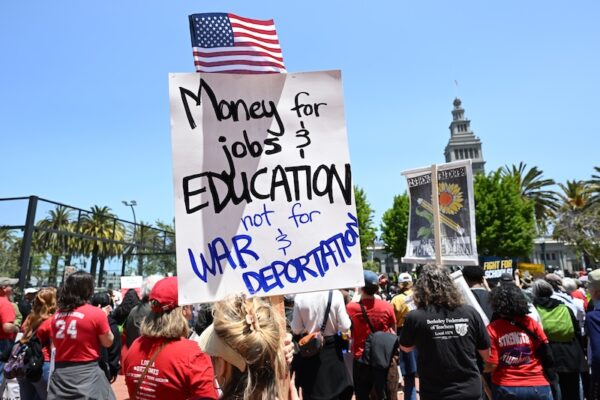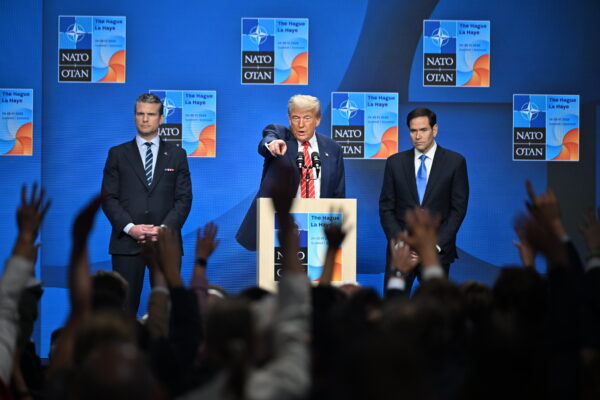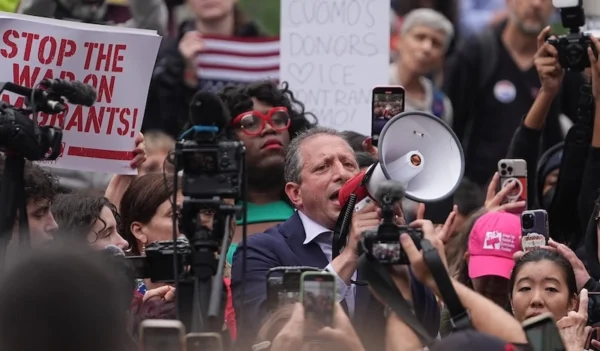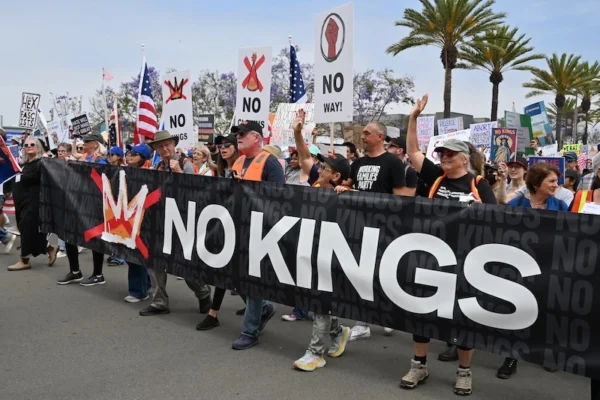Asia-Pacific in 2016
In an article penned more than four years ago by then U.S. Secretary of State Hillary Clinton said U.S. foreign policy had launched a new strategy for the Asia-Pacific region. In her piece she wrote: “Over the last 10 years, we have allocated immense resources to those two theaters. In the next 10 years, we need to be smart and systematic about where we invest time and energy so that we put ourselves in the best position to sustain our leadership, secure our interests and advance our values.”
The U.S. began new initiatives in the region, started being more present in multilateral meetings in the region and launched forward-deployed diplomatic and economic policies. For instance, the U.S. administration’s Myanmar policy was considered an exemplary initiative to be adopted for the region in the coming years and decades. There was a reason that the U.S. administration decided to focus on the Asia-Pacific region as well, namely the economic potential and the increasing assertiveness of China. In the last four years, U.S. interest in and attention to the region has been inconsistent, but the region’s significance for the international community grew constantly in this period. Although the current situation in the Middle East and the fight against DAESH are prominent challenges for international security and international relations as a whole, there are important trends that need to be considered in 2016. These trends, together with a slow landing in the Chinese economy and debates about the Trans-Pacific Partnership (TPP) Agreement, will be among the most debated topics of 2016 that will impact the international system.
The most critical question about security in the Asia-Pacific region will continue to be the crises between China and its neighbors in the East China Sea and the South China Sea. The dispute over the Senkaku Islands with Japan will continue to generate tension between the two countries in the East China Sea. In multiple instances, the disputes about the islands became physical between fishing boats and each country’s respective coast guards. Moreover, the tension escalated to a degree in certain instances that the U.S. administration had to de-escalate the tension through diplomacy. Although there are more frequent meetings between the leaders of Japan and China, the island dispute is nowhere near an end in the near future.
The dispute over the Spratly Islands in the South China Sea constitutes a graver threat to regional security due to the tensions this year. First, the dispute is in relation to many different islets that are claimed by different countries that have shores on the South China Sea. Second, China has been more assertive in this region through its navy and the construction of runways on some of the artificial islands it has built. Third, some of these islands are considered potentially significant sources of oil and natural gas.
For many of the countries bordering the South China Sea, especially China, which is hungry for oil and natural gas, this means more than a geopolitical advantage. Finally, the South China Sea is also regarded as an area of national interest by the U.S. Most of the skirmishes in recent months in the region have taken place between the Chinese and U.S. navies and air forces. This situation is making the dispute in the South China Sea a more threatening problem for regional security and international relations.
North Korean nuclear proliferation is also a challenging issue for the region and international security as a whole. The stockpiling of nuclear material and the development of intercontinental ballistic missile systems are part of the increasing danger that the Pyongyang regime poses to the region and the world. The difficulty of predicting the actions of the North Korean regime and some of the provocations by the North Korean military on South Korea only intensifies this situation.
In addition to these significant risks, there are also dangers of increasing defense budgets in the region and the lack of a regional platform to discuss matters related to security and foreign policy. There are historical animosities, trade disputes and diplomatic bottlenecks on top of the territorial disputes. The lack of transparency in defense expenditures and nationalistic public opinions in some of these countries further endangers the status quo in the region. Emerging refugee crises in Southeast Asia and ethnic tensions in many of the countries in the region deteriorate the situation for human security as well. And, again, there are no signs of the emergence of a regional framework to address these issues.
Although none of the conflicts have so far gone hot in the region, these disputes and conflicts also make cooperation less likely and make the region one of the riskiest areas for the international system.
This article was first published in the Daily Sabah on December 28, 2015.


